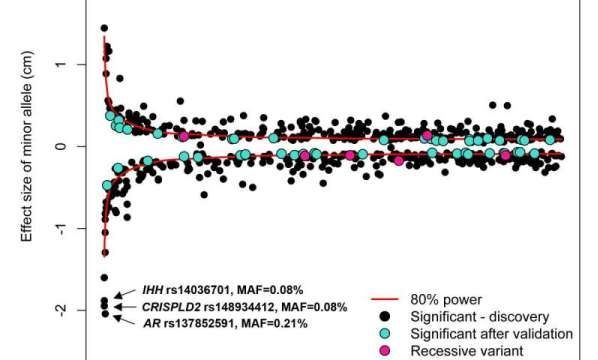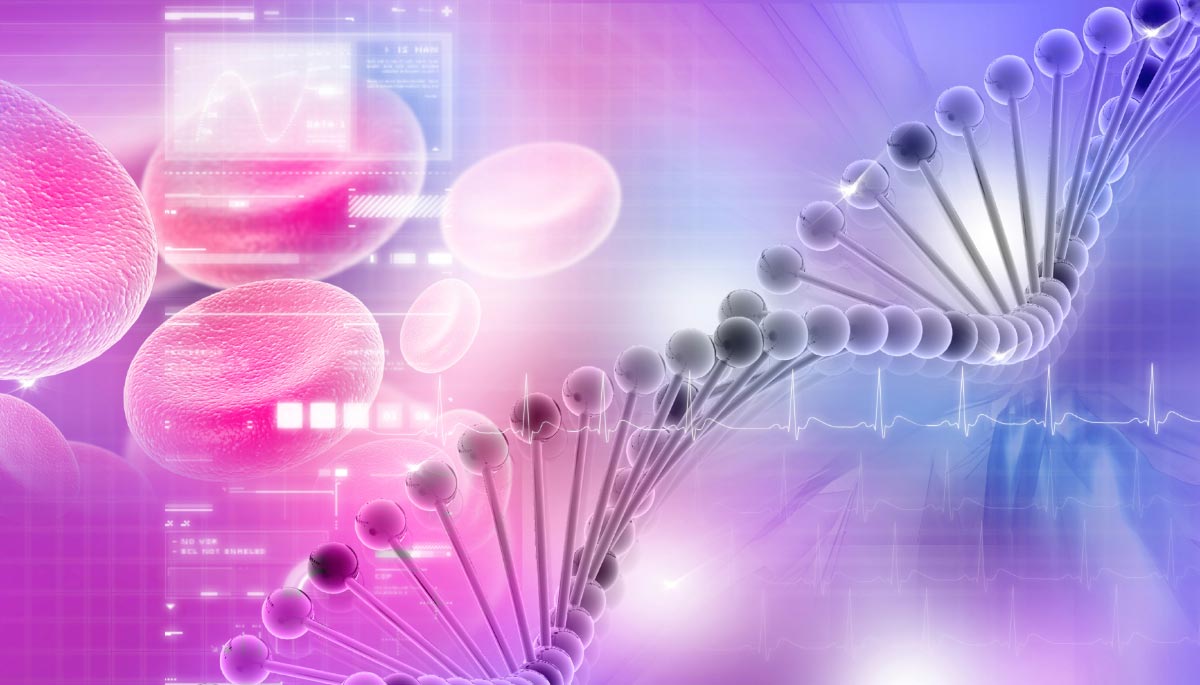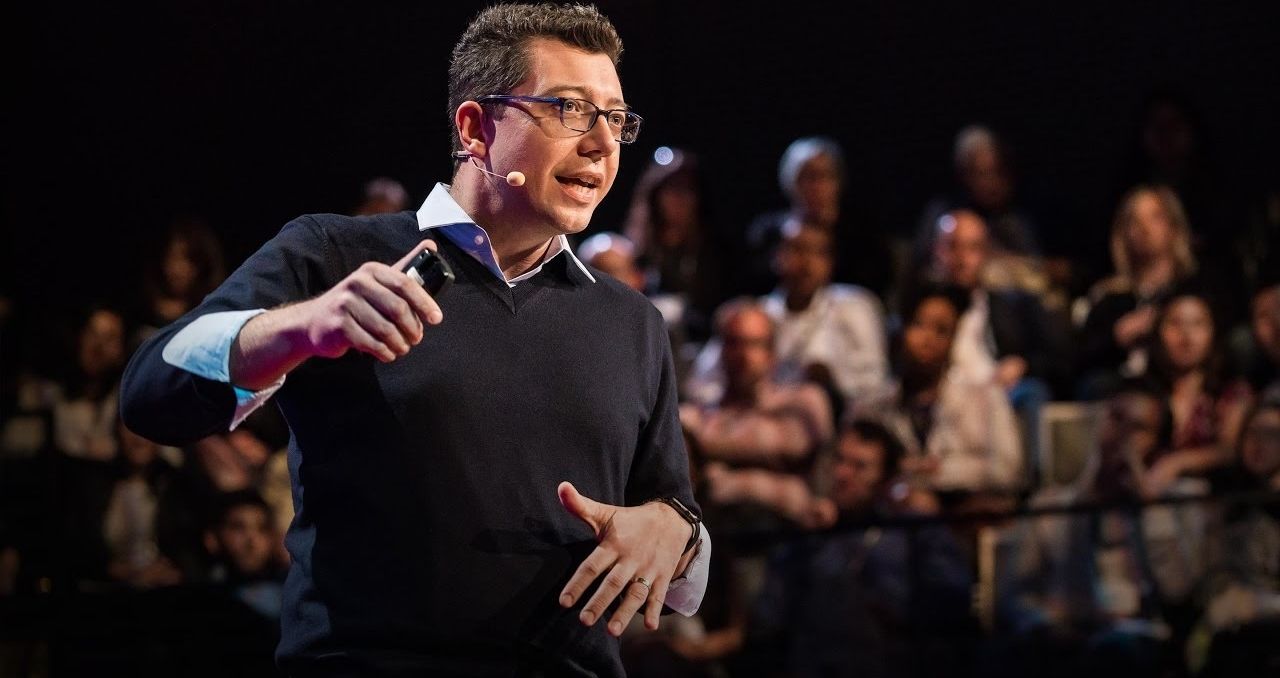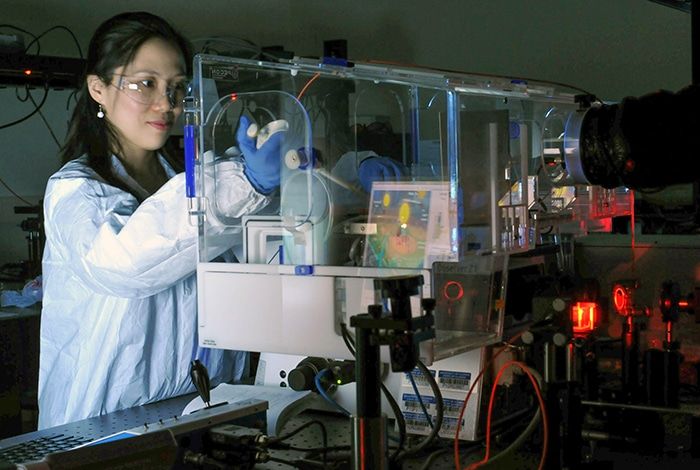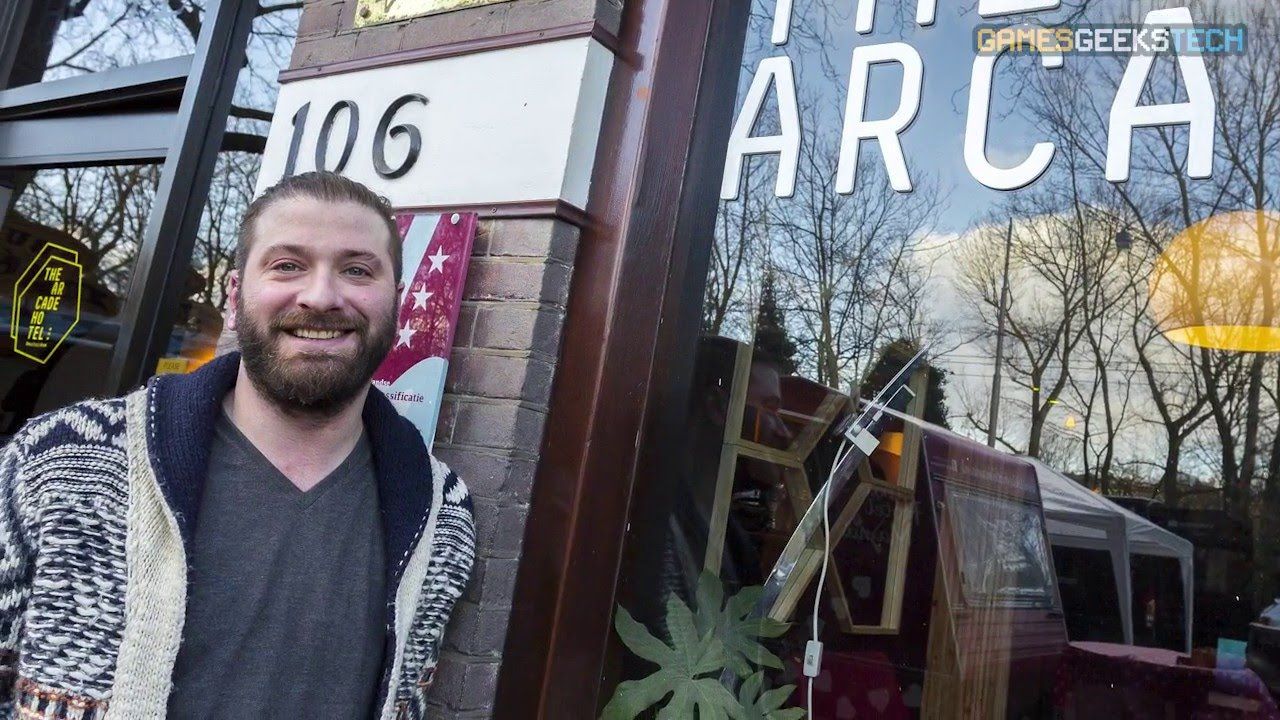Feb 2, 2017
Researchers identified 83 new DNA changes for human height
Posted by Karen Hurst in categories: biotech/medical, genetics
An international team of researchers has identified 83 new DNA changes that strongly determine human height as well as also help predict a person’s risk of developing certain growth disorders.
Height is mostly determined by the information encoded in the human DNA — children from tall parents tend to be taller and those from short parents are shorter.
“Of these 83 genetic variations, some influence adult height by more than 2 cm, which is enormous,” said Guillaume Lettre, Professor at Montreal Heart Institute in Canada.
Continue reading “Researchers identified 83 new DNA changes for human height” »
